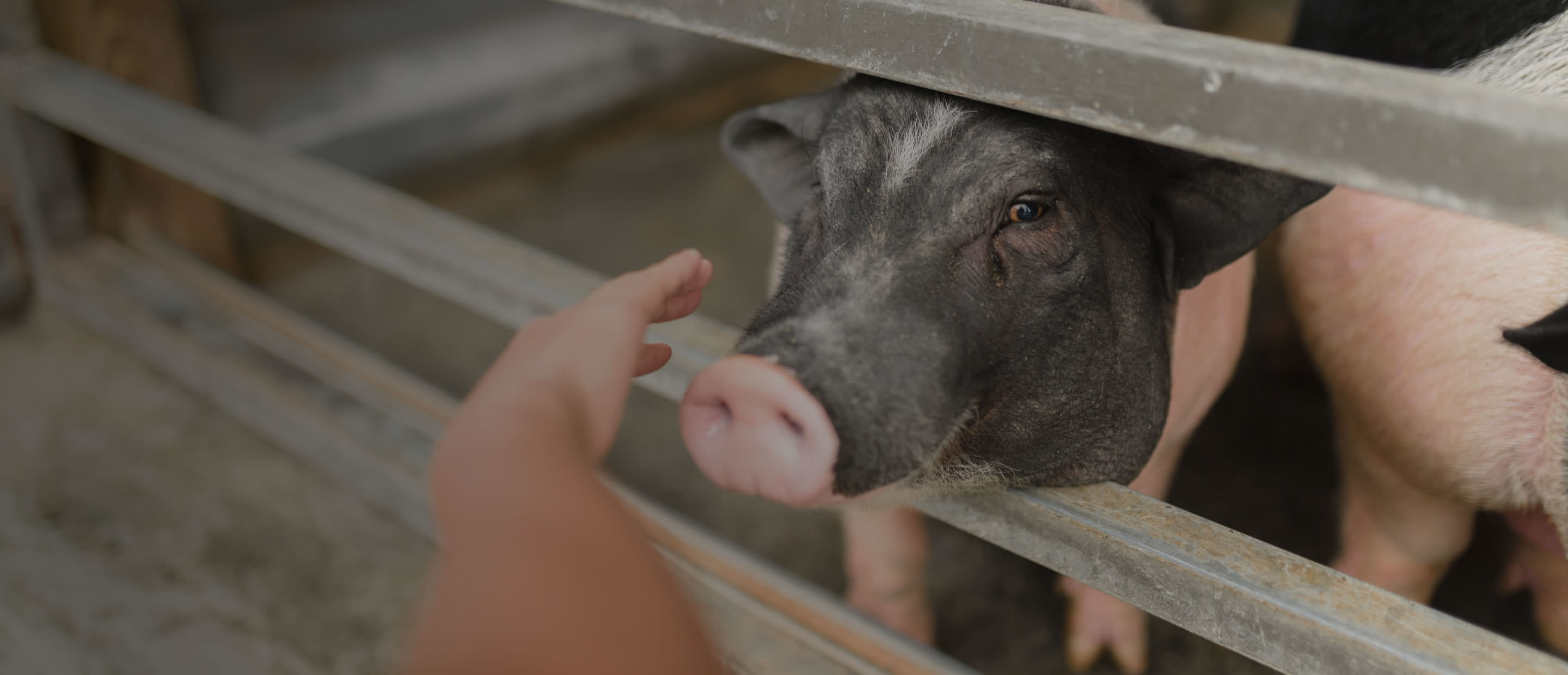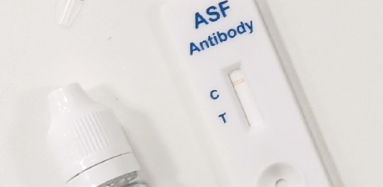
Algenex has more than 20 years’ experience in the veterinary sector and is focused on developing and producing veterinary vaccines using its TopBac® and CrisBio® technology platforms.
We have successfully produced more than 200 molecules in collaboration with public and private partners, including multiple international pharmaceutical companies and achieved proof-of- concept in more than 20 indications across most livestock species.
FatrovaxRHD, first vaccine produced in CrisBio® received marketing authorization in the European Union and United Kingdom in Q3.
Benefits of using CrisBio® in the production of proteins for veterinary vaccines:
-

Linear scalability
-

Reduced production costs
-

Increased productivity, reaching gram per litre yields
Most advanced projects
RHDV
PCV2
BVD
INFLUENZA
H7N9
African Swine Fever
AB rapid detection test
Partnerships
Algenex has a long track record of successful collaborations with public and private partners on a global scale. Customer satisfaction is one of our top priorities
For us, CrisBio® technology represents an important opportunity to expand its portfolio of vaccines for veterinary use with a series of highly innovative products
DIAGNOSTICS
Herdscreen® ASFV, developed jointly between Algenex and GlobalDX, is a point-of-care rapid diagnostic test that identifies animals which have been exposed to the African Swine Fever Virus (ASFV) using whole blood, plasma or serum samples. Herdscreen® uses a highly specific antigen produced using CrisBio®.
This antigen is able to capture antibodies developed during infection with ASFV with 100% specificity and higher sensitivity than a commercial ELISA test, as evidenced in field and experimental samples from infected animals gathered by the European Union Reference Laboratory for African Swine Fever (CISA-INIA).
Herdscreen® ASFV been on the market since 2021. The test is being increasingly adopted by food and meat industry to contribute to certifying the ASFV-infection status through the entire supply chain and as a consequence help reducing disease spread.




